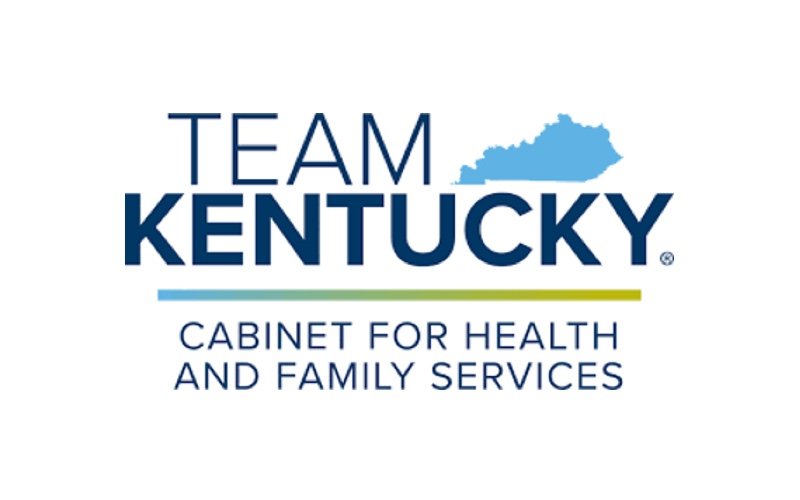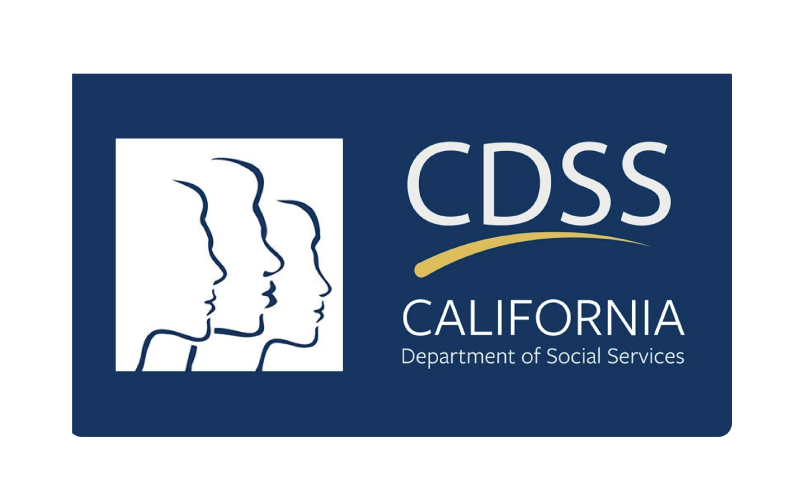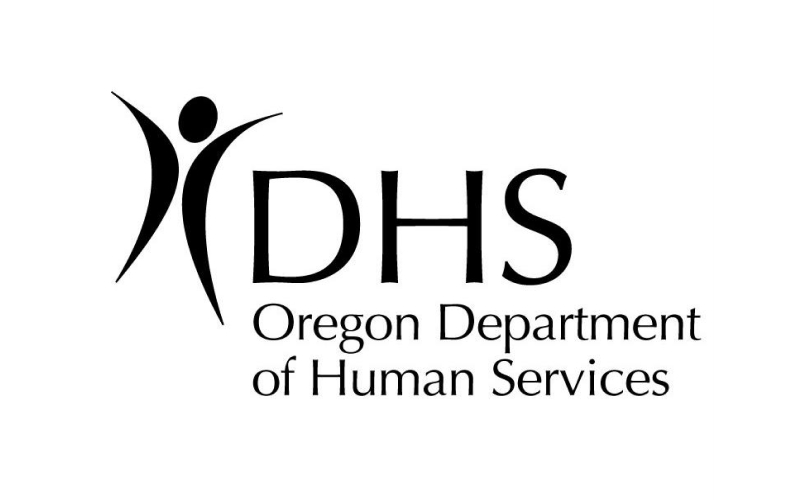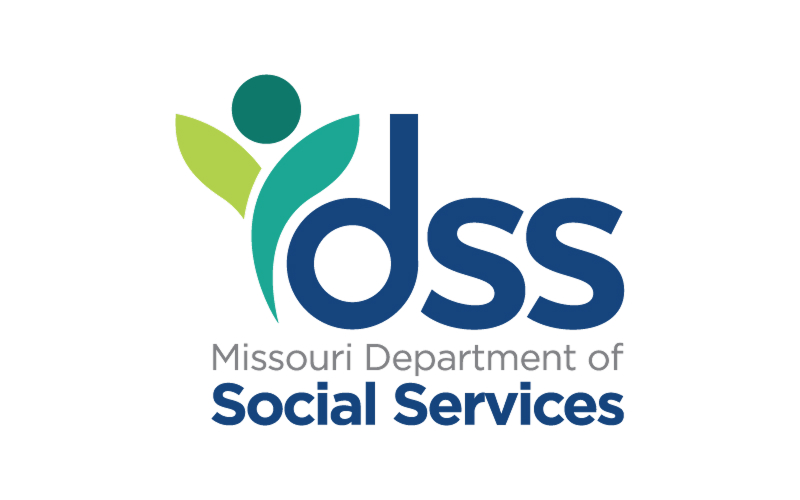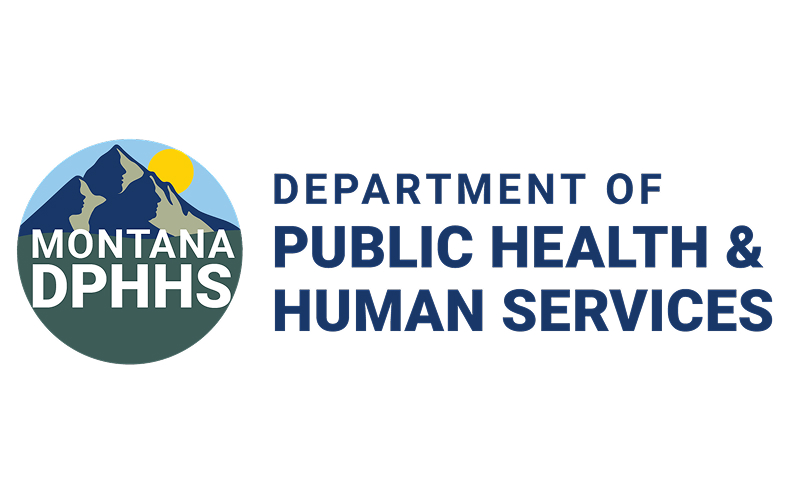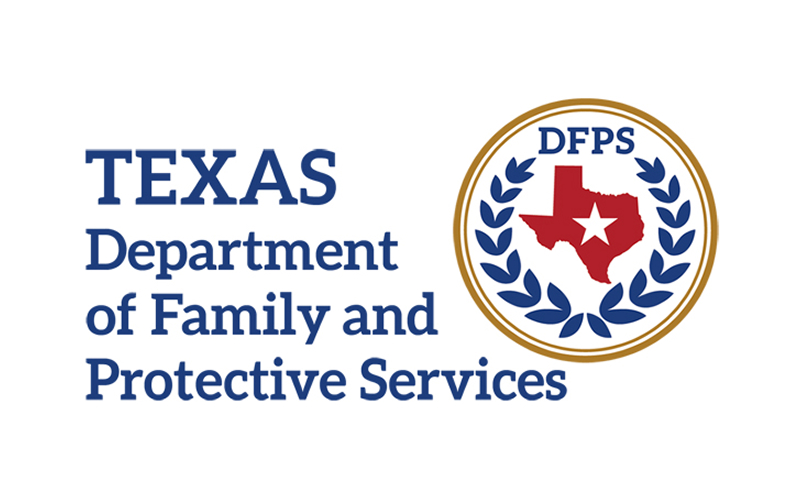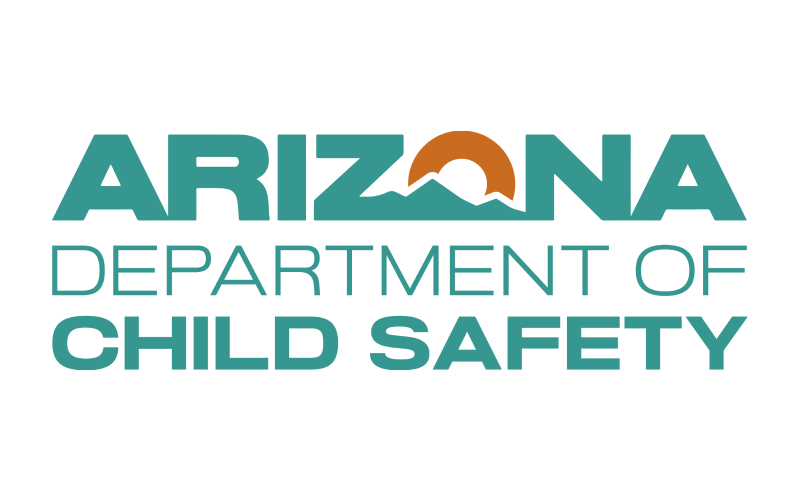Pre-Service Training
Prospective foster and adoptive parents are trained using the 25-hour TN Key (Knowledge Empowers You) pre-service curriculum. Relative and kinship caregivers are not required to complete pre-service training to become an approved foster home. Post approval, staff will recommend individualized training based on the family’s needs. Training may be required to stabilize placement or address identified safety concerns.
Parents who are transitioning to adoption and guardianship also participate in the eight-hour Adoption and Guardianship Preparation Training.
Services Offered Through the State’s Post-Permanency Support Program
Post-permanency services in Tennessee are provided statewide through the Adoption Support and Preservation|Guardianship Support and Preservation (ASAP|GSAP) program, operated by Harmony Family Center. ASAP|GSAP provides evidence-based, trauma-informed, and individualized therapeutic and educational services.
Services include:
The program served 407 families with in-home counseling services, 893 Adoption/Guardianship Preparation Training completions, and 212 therapeutic camp attendees in fiscal year 2023.
For more information, visit https://harmonyfamilycenter.org/pre-post-adoption/asap-gsap-services/ or https://www.tn.gov/dcs/program-areas/adoption/post-adoption-support.html.
Geographic Area Covered
All services are offered statewide.
Harmony has staff statewide to serve families in all areas. Social events are held across the state and support groups are virtual. Families who travel for day camps are provided with lodging.
Eligible Population for the Overall Post-Permanency Program
Variations in Eligibility for the Post-Permanency Program
Families who have adopted through private, domestic, or intercountry channels are eligible for services on a sliding scale fee basis.
Accessibility
Harmony Family Center ensures that all staff participate in agency-wide diversity, equity, and inclusion training as well as training on serving LGBTQ2S+ children and families. The agency meets any requests from families who need services in other languages, including translation of materials and use of interpreters.
ASAP|GSAP offers specialized services for LGBTQ2S+ children and families, including Rainbow day camp, Rainbow family camp, and Rainbow connection days where they partner with LGBTQ2S+ community groups to facilitate activities.
Outreach and Engagement
The state shares information about the post-permanency support program through the following outreach:
- Announcements at the required Adoption and Guardianship Preparation Training class
- Sharing of program information at adoption closing
- Inclusion in a newsletter sent twice a year to all families receiving adoption or guardianship assistance
- Social media outreach
- Web advertisements
- Distribution at recruitment events
- Staff outreach to community organizations
- Sharing of program information at child reentry into foster care
Tennessee stays connected with adoptive and guardianship families through a newsletter sent twice a year to families who receive adoption or guardianship assistance and periodic reviews of adoption and guardianship subsidies.
How the Post-Permanency Program Is Operated
Notes About Who Provides Which Service(s)
Harmony Family Center provides all post-permanency therapeutic supports and services statewide. Tennessee DCS administers statewide subsidy programs for adoption and guardianship assistance and provides access to sealed adoption records post-permanency.
In accordance with Tennessee Code Annotated, Tennessee DCS registers, seals, and maintains records of all children adopted in the State of Tennessee through both public and private adoptions. Post Adoption records are available to eligible persons as outlined in Tennessee Code Annotated.
Adoption/Guardianship Assistance/Subsidy Review and Changes
The state conducts annual child well-being reviews for any child receiving adoption assistance. Effective July 1, 2021, any person receiving adoption assistance from DCS is required to provide DCS with medical/mental health or educational documentation each year.
Adoptive parents and guardians can request a change in the adoption or guardianship assistance agreement any time there is a change in the family’s circumstances or the child’s needs. To make the request to change or modify the assistance agreement, the parent must contact the subsidy specialist for their region. Parents will need to provide supporting professional documentation to the subsidy specialist. The adoption or guardianship assistance agreement will be revised to reflect any approved changes.
Tracking Adoption/Guardianship Discontinuity
Tennessee Department of Children’s Services systematically tracks foster care reentry data for children who attain legal permanence through adoption or guardianship via the public child welfare agency, primarily for evaluating subsidy agreements and determining if the assistance should be modified or remain intact to support child and family reunification. Reentry data is also collected on children who are adopted in another state and subsequently reenter foster care in Tennessee and children adopted via private or intercountry adoption who enter foster care. Demographic information such as race, ethnicity, and date of adoption or guardianship finalization is documented. No formal reporting or analysis is available.
Harmony Family Center collects and reports data to TN DCS regarding whether the families it serves through ASAP|GSAP maintain placement. A short description of circumstances leading to discontinuity is reported to the state.
Post-Permanency Program Spending (FY 2023)
Funding Sources for the Post-Permanency Program (FY 2023)
- Title IV-B, Part 2 (Promoting Safe and Stable Families/PSSF)
- State funds
- Adoption/Guardianship Incentive Program Payments (AIPP)



